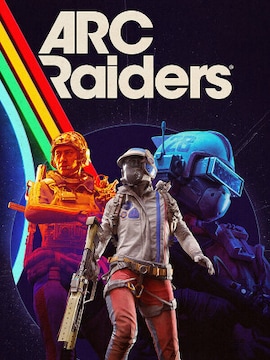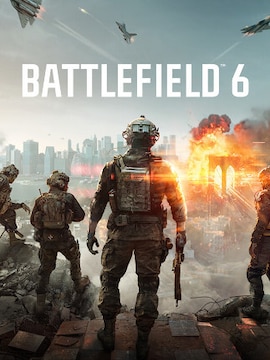If you’ve spent any time playing online, you’ve run into them. The trash talkers who take it too far. The teammates who go out of their way to ruin the game. The ones who quit the second things don’t go their way.
Yes – toxic players. They’re one of the biggest problems in online gaming. Always have been.
What is a Toxic Gamer
Toxic gamers are the ones who turn a good match into a bad memory. They scream in voice chat, spam insults, throw games on purpose, or just act like total jerks. Sometimes it’s constant negativity. Sometimes it’s straight-up harassment.
It’s not just being competitive or trash talking for fun. It’s when the fun stops – for everyone else. And yeah, we’ve all probably had a moment where we lost our cool. But real toxicity is when it’s a pattern.
Toxic Meaning in Games
Let’s examine toxicity in gaming.
League of Legends
League of Legends has set forth full-fledged mechanisms to tackle toxic behavior, such as the Tribunal system and the Honor system. There are several ways for a player to report his teammate: verbal abuse, intentional feeding, leaving a game early.
Toxic interactions are especially working in the competitive nature of the game and the fact that one needs to work as a team. Riot Games update the detection algorithm continuously to detect and punish disruptive players and reward positive community members.
Call of Duty
Fast-paced and often intense, Call of Duty games have a long-standing rep for toxic voice chats and trash talk. But things are starting to shift. Activision has added stronger moderation tools and better reporting features in recent entries.
Cross-platform play has made the player base even bigger and the moderation tools more complex. But it’s also made accountability more visible. If someone’s being awful in chat, they can’t hide behind a console or username anymore.
Valorant
Riot’s other major title, Valorant, borrows heavily from League’s anti-toxicity systems. It uses behavior tracking, voice chat restrictions, and an evolving reporting system to keep things in check.
Gaming communities have kept inventing ways to minimize toxic behavior without hurting competitive integrity. Education initiatives and positive reinforcement methods seem promising in enhancing healthier atmospheres for gaming.




